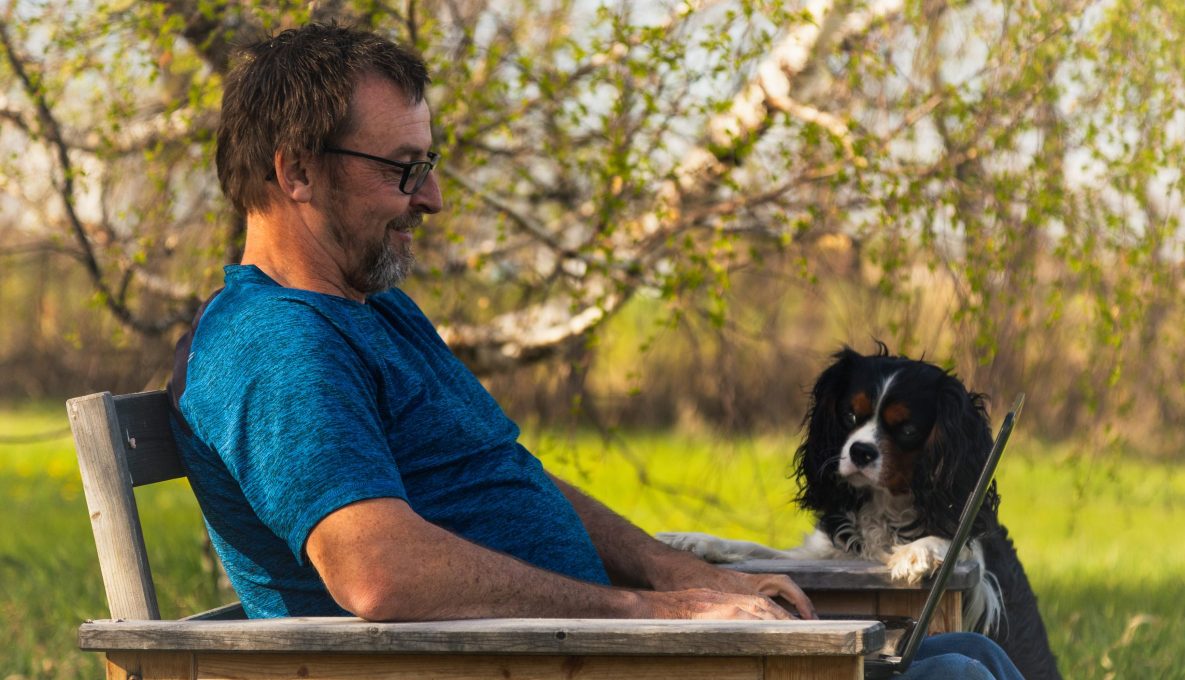Your NDIS planning meeting

Every person who is a participant of the NDIS will have a plan. This is a document that is developed by you and an NDIA planner or your Local Area Coordinator.
Your plan will specify the different types of supports that will enable you to work towards your goals. These will include:
- your friends and family
- community supports such as community groups, sporting or hobby clubs
- mainstream services such as health or mental health services, schools or education services, or other government services
- funded supports.
It is important to understand that the NDIS will first consider any informal supports you currently have in place. This means that if you have friends or family members who are able to help you do things, the NDIS will first consider continuing these supports before exploring new or funded ways to support you.
Your plan will be reviewed every 12 months as your needs and goals change. Your plan can also be reviewed sooner if your circumstances change, or if you are unhappy with the supports set out in your plan. Read more about reviewing your plan.
The planning process will typically be one or more meetings with your Local Area Coordinator (LAC) or an NDIA Planner. You can decide when and where you would like to have this meeting.
You can bring your family, carers, significant others or an advocate to your planning meeting. These people understand your needs, and can support you throughout the planning process. They also bring a different focus on the supports required.
If you are developing a plan for your child, it is your decision whether it is necessary to bring your child to the planning meeting. NDIA may request to meet them, so the Planner can see their strengths and better understand their needs. Including them in the meeting, even briefly, should be a priority where possible.
You can request as much time as you need with your planner. Be confident and direct your planning meeting to ensure that you are able to give and receive all the relevant information.
We recommend making a record of the information given to you by your planner. Don’t be afraid to ask for information in writing if you don’t understand something, or just want a record of what was discussed.
In your planning conversation, you will be asked about:
- your personal details
- your community and mainstream supports
- how you manage everyday activities
- your safety
- setting your goals
- how you would like to manage the funding in your NDIS plan.
Once you have completed the planning process, the information you have given to your planner will be sent to the NDIA for approval. Your planner cannot approve the contents of your plan for you – this is a job for the NDIA.
- Professional reports
If you have recent reports or recommendations from any therapists or specialists you currently see, make sure you bring them to your planning meeting. They provide valuable evidence for the types of supports that will benefit you most. Reports that are no older than 12 months are acceptable. Reports should be evidence based and should outline skill development, capacity building and long term supports.
- Your goals and aspirations
The Amaze NDIS readiness resource will help you identify which areas of life you need assistance with. This information can be used to help you work out some of the goals you would like to work towards. Read more about setting goals.
- A participant statement
A participant statement is designed to give the planner a very clear understanding of who you are, and what your day-to-day life is like. This may include details such as who you live with, what your interests are, and which areas of life you need assistance with.
- A carer’s statement
If you are a parent or carer, you may like to write a statement that explains what types of things you do to provide care, and the impact this has on you. This may include details such as assisting the person in your care with bathing or eating, driving them to appointments, or assisting them to communicate their needs.
For more information
- The Amaze NDIS readiness resource can also be completed by either a carer or Autistic individual
- Carers Victoria have an excellent resource to assist with NDIS planning meetings
- The NDIS has resources, many available in Easy English or video format, to support people before and during the planning process. In particular:
Contact the Amaze Autism Connect advisors on 1300 308 699, email [email protected] or use the webchat on this site. This service is open from 8am–7pm, Monday to Friday (excluding public holidays).